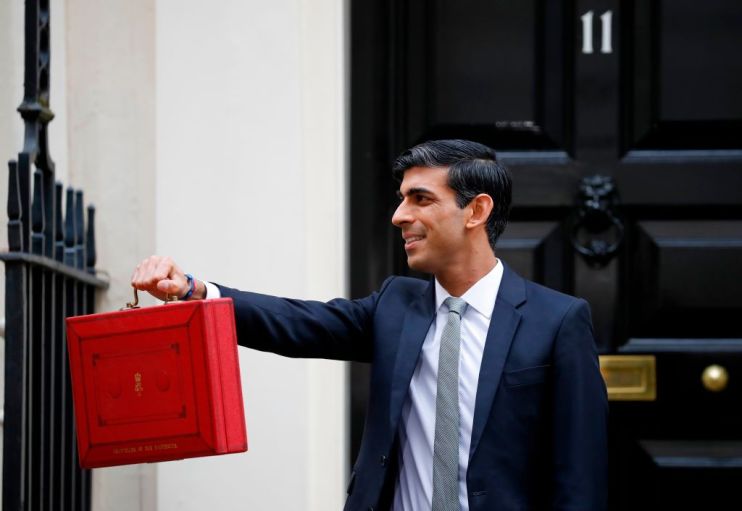A levelling up agenda cannot afford to overlook the UK’s beating financial heart

With the strong and unpredictable economic headwinds of 2020, last week’s Budget came at a critical juncture.
All eyes were on the new chancellor, in particular on what the Budget might propose to alleviate some of the short-term Covid-19 shocks to the economy.
Efforts to support households and businesses, particularly SMEs, through the Covid-19 outbreak were both well-received and necessary. After strong early measures from the Bank of England and the wider banking industry, it is clear that we need a coherent and coordinated response that will reinforce the economy at this difficult time.
Beyond these much-needed short-term measures to combat a crisis, there were also several steps taken to boost the long-term competitiveness of the UK. One clear win for financial services was the strategic review of the UK fintech sector.
London has firmly established itself as fintech capital of the world, with clusters of expertise spread around the country. That is something that we want to hold onto, and the strategic review is a positive step in this regard.
As secretariat for it, we look forward to working to ensure that fintech continues to drive forward innovation in financial services and enhance its role as a key growth engine for the UK economy.
There was also the UK funds regime review announcement. The UK is already a leading centre for the investment management industry, but protecting its position in the coming years will be critical to the City’s future success.
And though we are yet to see the detail, the review on the future of VAT and financial services will be of interest to the sector. The much-anticipated Financial Services Bill was referenced, and will hopefully do what it says on the tin: ensure that the UK maintains its world-leading regulatory standards and remains open to international markets.
While there wasn’t much else for the sector per se, there was lots in the Budget that indicated the direction of travel for the government over the coming months.
We know that financial services hubs up and down the country play a crucial role in driving prosperity nationwide. With two thirds of financial services jobs outside of London, these centres are already making significant contributions to their local economies.
We have long said that filling the skills gap and improving connectivity will not only strengthen the UK’s position as a world-leading business hub, but also help create greater shared prosperity across the country. The Budget’s commitment to ramp up skills and infrastructure spending, particularly on green transport and gigabit broadband, is a positive first step to achieving this.
But this is not a zero-sum game. London is key to supporting prosperity right across the country and will play a critical role in fuelling our economic success, especially now that we have left the EU.
So although the direction of travel is a positive one, we are clear that “levelling up” should not mean “leaving out”. The capital is the beating heart of the UK economy and it is important that investment is made right across the country, including London.
Main image credit: Getty
